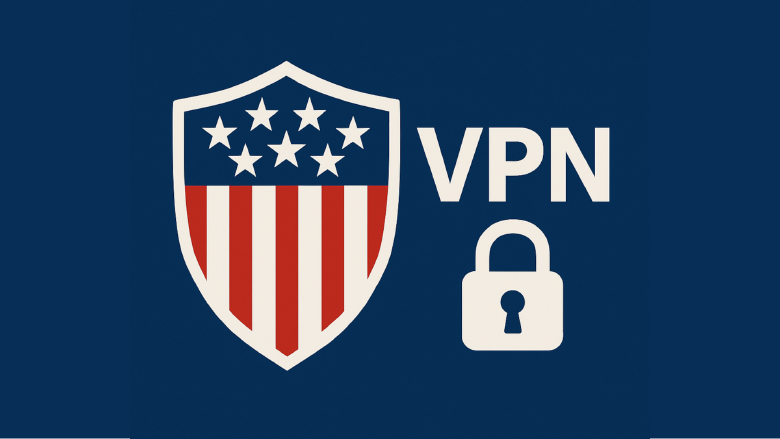Using a VPN in the USA: What You Need to Know

VPNs (Virtual Private Networks) are becoming must-have tools for keeping your online activities private, securing your data, and accessing content that’s otherwise out of reach. While VPNs are popular globally, using one in the USA comes with its own set of things to consider. Let’s dive into the key points to keep in mind when you’re using a VPN stateside, along with some answers to common questions.
Getting to Grips with VPNs
A VPN is a service that encrypts your internet connection, routing your data through a safe server. This masks your IP address, boosting your privacy and security online. Many folks use VPNs to protect their data, get around geo-blocks, and stay anonymous on the web.
Key Things to Consider When Using a VPN in the USA
1. Privacy and Security
Folks often turn to VPNs to improve privacy and security. In the USA, your internet service provider (ISP) can legally collect and sell your data. A VPN encrypts your online traffic, shielding it from ISPs and other prying eyes. Look for a VPN provider with a firm no-logs policy to ensure your online actions aren’t recorded.
2. Getting Around Geo-Blocks
Streaming services like Netflix and Hulu often restrict content based on location. A VPN lets you connect to servers in different countries, helping you bypass these blocks and access a broader range of content.
3. Legal Stuff
While using a VPN is legal in the USA, accessing content not meant for your region could break terms of service or copyright laws. It’s good to stay informed about the legal landscape and use VPNs wisely.
4. Speed and Performance
Sometimes, using a VPN can slow down your internet due to the encryption and extra distance your data travels. When choosing a VPN in the USA, look for providers that offer fast servers to keep any slowdowns to a minimum.
5. Server Locations
The number of server locations available can really affect your VPN experience. For users in the USA, having access to servers both at home and abroad can help you bypass restrictions and maintain a steady connection. Opt for VPNs with a wide network of servers.
Common Questions About Using a VPN in the USA
| Question | Answer |
|---|---|
| What is a VPN? | A VPN encrypts your internet connection and routes it through secure servers, boosting your privacy and security online. |
| Is using a VPN legal in the USA? | Yes, VPNs are legal in the USA, but accessing restricted content might breach terms of service or copyright laws. |
| How does a VPN improve privacy? | It encrypts your online traffic, keeping ISPs and others from tracking what you’re doing. |
| Can a VPN speed up my internet? | While a VPN might slow things down, picking a provider with fast servers can help avoid this. |
| What should I look for in a VPN provider? | Key features to consider include a no-logs policy, server locations, speed, and security options. |
| Can I access international content with a VPN? | Yep, by connecting to servers in other countries, a VPN can help you get around geo-blocks. |
| Are there risks to using a VPN? | Potential risks include slower speeds and legal issues from accessing restricted content. Stick with reputable providers to keep risks low. |
Wrapping Up
A VPN in the USA is a great way to up your privacy, security, and content access game. But it’s important to know the legal ins and outs and pick a VPN provider that suits your needs. By getting familiar with the key considerations and common questions, you can make smart choices to navigate the digital world safely and effectively.
